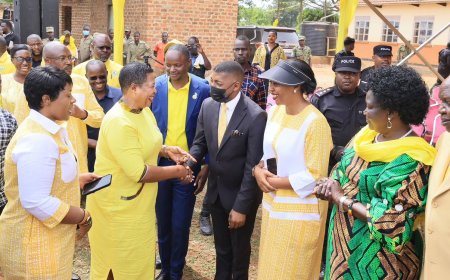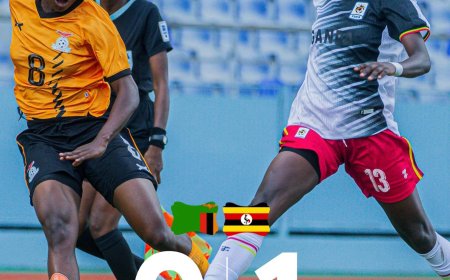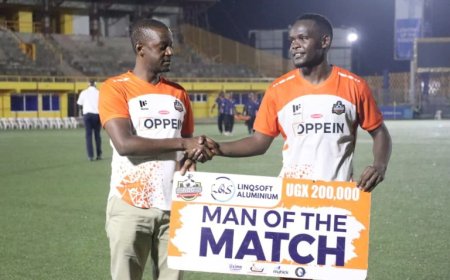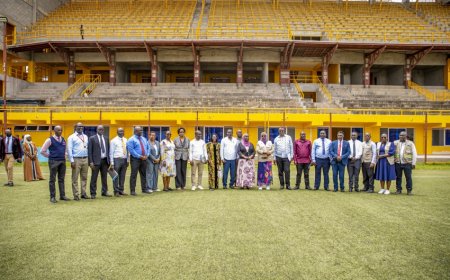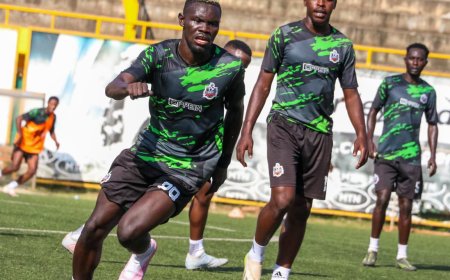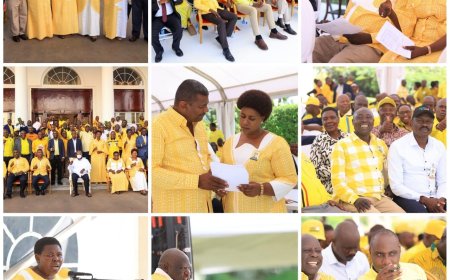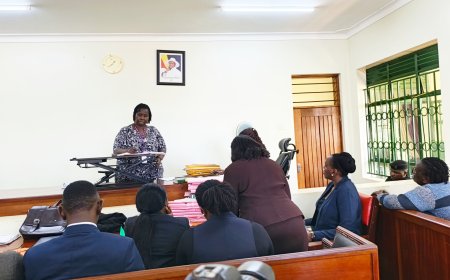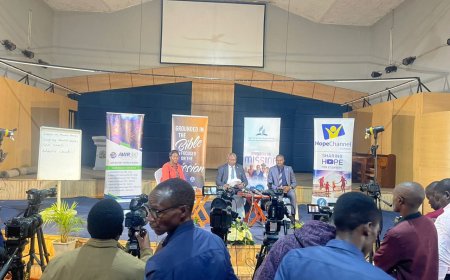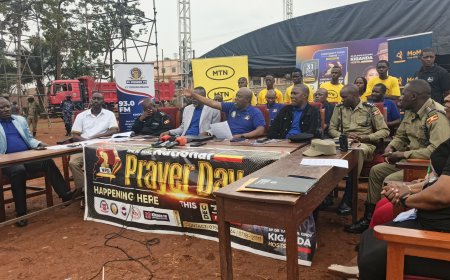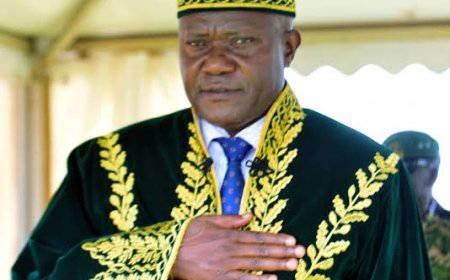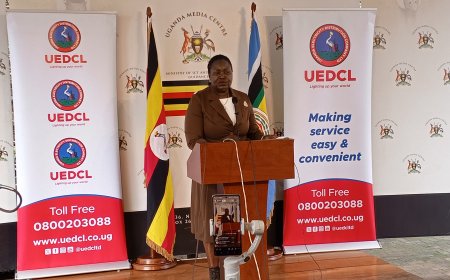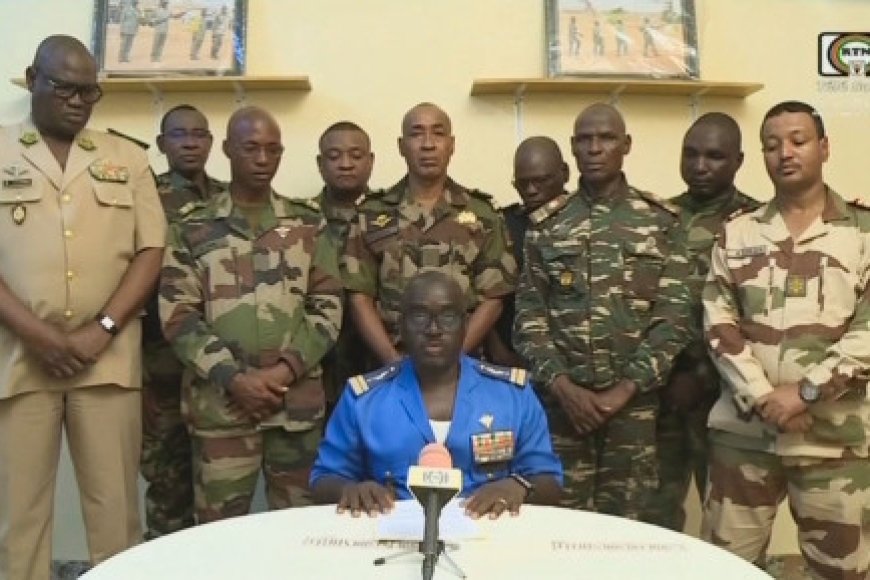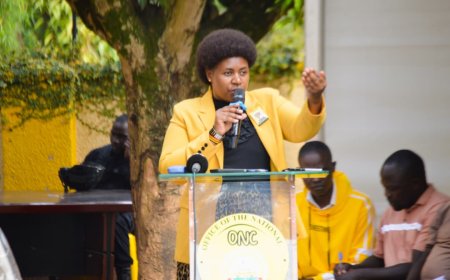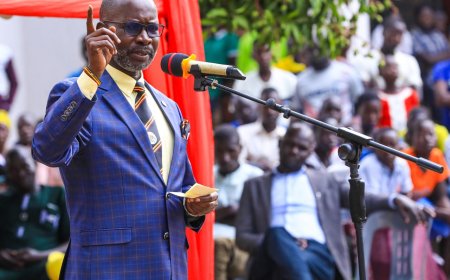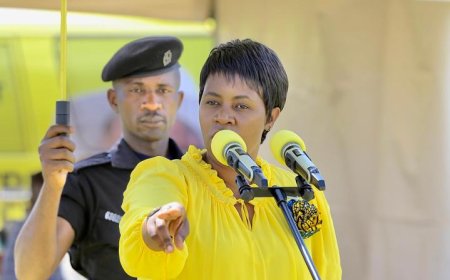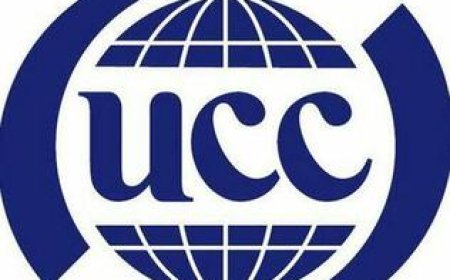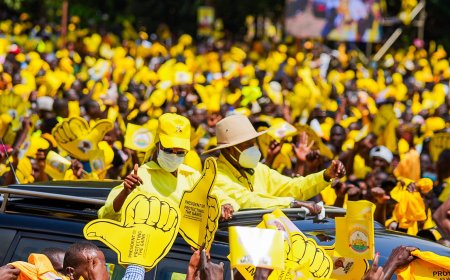Disinformation an 'easy sell' in post-coup Niger
From false rumours and misleading videos to manipulated audio clips, AFP has debunked over a dozen social media claims either backing or discrediting the coup leaders after they toppled President Mohamed Bazoum on July 26.
LAGOS - Following a July coup, Niger has become the latest hotbed of disinformation in the troubled Sahel region as West African powers grapple with crafting a response to the political crisis.
From false rumours and misleading videos to manipulated audio clips, AFP has debunked over a dozen social media claims either backing or discrediting the coup leaders after they toppled President Mohamed Bazoum on July 26.
Soon after his ousting, amateur footage of a large march surfaced online purporting to show a pro-Bazoum rally in Niger's capital Niamey on August 6. In reality, the clip was filmed on the day of the president's removal from power.
Another viral video allegedly featured Niger's deposed finance minister crying after coup leaders gave him an ultimatum to account for missing funds or face death.
But AFP found the clip, from 2021, in fact showed Niger's former justice minister Marou Amadou expressing his gratitude to ex-president Issoufou Mahamadou.
Misleading reports about foreign interference in the crisis abounded as uncertainty mounted over the possibility of the Economic Community of West African States (ECOWAS) using military force to reverse the coup.
The regional bloc, chaired by Nigerian President Bola Tinubu, was quick to condemn Bazoum's ouster and piled sanctions on Niamey days after the takeover, with Nigeria -- Niger's main electricity provider -- cutting off supplies.
There were also false claims about French fighter jets landing in Senegal to support a possible ECOWAS intervention, or about fighters from the Russian mercenary group Wagner and Burkinabe troops arriving in Niger to support the new leaders.
'POPULAR' ANTI-WESTERN VIEWS
Landlocked Niger joined neighbours Mali and Burkina Faso to become the third Sahel country in three years to experience a coup.
Like elsewhere in the region, anti-French sentiment has been on the rise in Niger. Its new military leaders have the support of fellow ex-French colonies Mali and Burkina Faso, which have turned their backs on Paris in favour of closer Moscow ties.
In May, Bazoum told British newspaper The Independent that Wagner had been sponsoring "disinformation campaigns against us".
Some analysts, however, said there were few signs of organised, large-scale offensives aimed at spreading false content as seen in other African nations.
Disinformation about post-coup Niger did not seem "particularly well coordinated or centrally managed", said Ikemesit Effiong, an analyst at the geopolitical consultancy SBM Intelligence in Nigeria.
Nonetheless, coup supporters have "largely amplified the threat of conflict with ECOWAS, particularly Nigeria as well as France, to mobilise support online and on the ground" in a region where "anti-imperialist and anti-Western views are popular and an easy sell", Effiong said.
PRO-RUSSIA PROPAGANDA NETWORK
Experts told AFP that the spread of disinformation targeting Niger mirrored a pattern already witnessed elsewhere on the continent: it usually originates on encrypted platforms like Telegram and WhatsApp before being shared on other social media apps.
Moreover, several anti-French and pro-Russian accounts that post propaganda about Mali and Burkina Faso have also promoted false claims about Niger.
One such actor is the Pan-African Group for Trade and Investment (GPCI), a media firm founded by pro-Russian businessman Harouna Douamba, originally from Burkina Faso.
The GPCI is at the heart of a vast network of websites and Facebook pages pushing disinformation to further stoke tensions, according to the All Eyes on Wagner investigative consortium.
For instance, AFP found that one of its accounts recently alleged that France was preparing a "plot to destabilise" Niger and arm "terrorists".
The GPCI also posted warnings about an imminent military intervention on "suspicious sites involved in spreading disinformation" in Chad and Nigeria for example, according to a French analyst who runs the well-known Casus Belli account on X (formerly Twitter), which monitors suspicious content in Africa.
The analyst, who spoke to AFP on condition of anonymity for safety reasons, said the pan-Africanist TV channel Afrique Media was also involved in the disinformation drive.
The Cameroon-based broadcaster has partnered with state-owned Russia Today and regularly reports on Wagner operations in Africa.
On August 9, the channel shared a video purporting to show Bazoum looking relaxed after allegedly signing a resignation letter.
In fact, the deposed leader has been held prisoner at his home since July 26, with UN Secretary-General Antonio Guterres denouncing "the deplorable living conditions that President Bazoum and his family are reported to be living under".
The current wave of disinformation is as much the work of local actors as of foreign influences, said Maixent Some, a Burkinabe financial analyst who tracks Africa-linked disinformation on social media.
"There was an anti-French feeling long before the arrival of Russia" and Moscow was able to capitalise on this sentiment, he told AFP.
Meanwhile, some said pan-African activists are using their alliance with Russia to further "personal agendas", including political ambitions.



